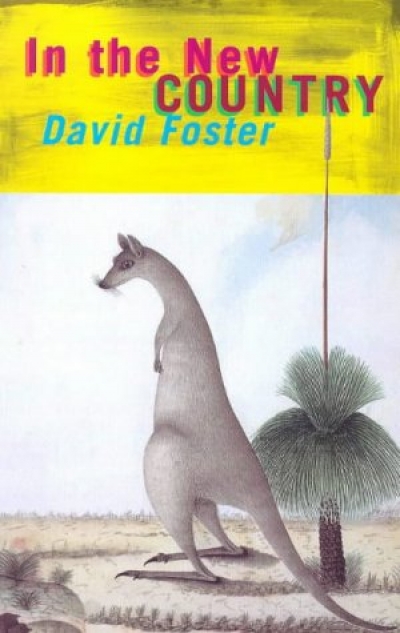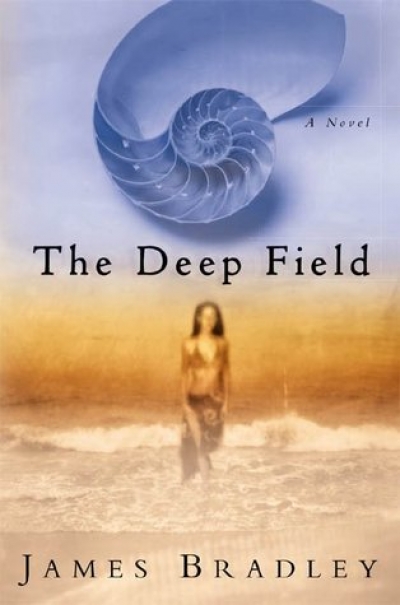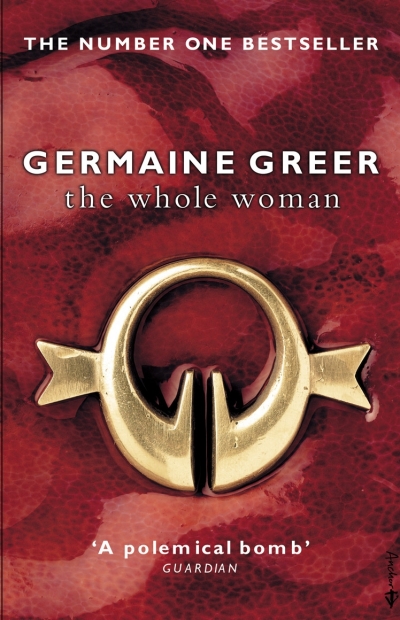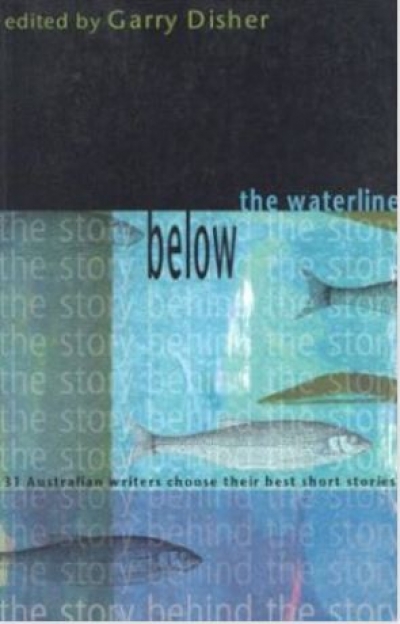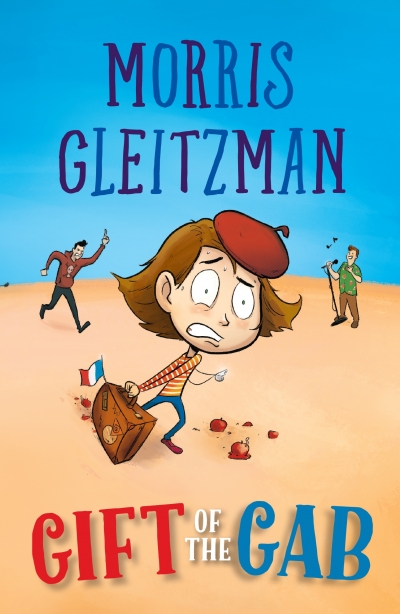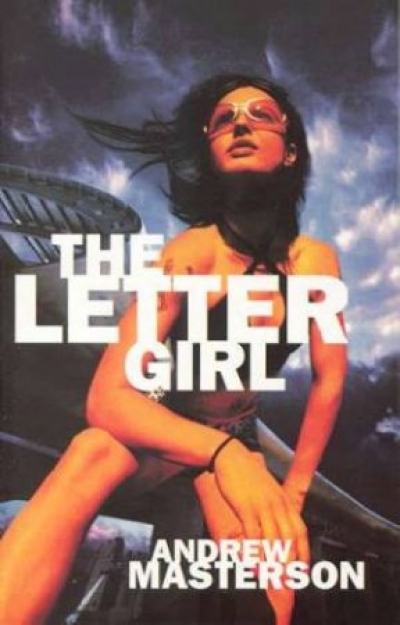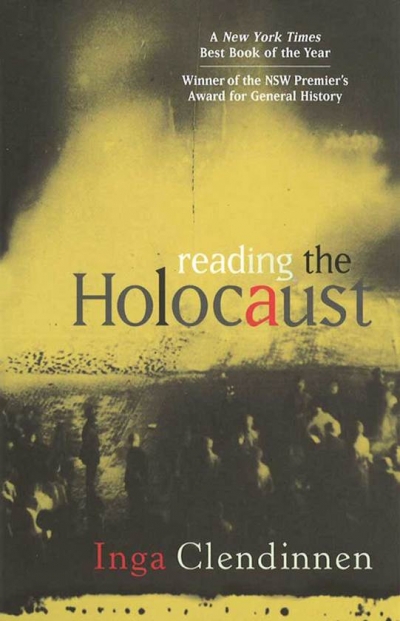Accessibility Tools
- Content scaling 100%
- Font size 100%
- Line height 100%
- Letter spacing 100%
Archive
The ABR Podcast
Released every Thursday, the ABR podcast features our finest reviews, poetry, fiction, interviews, and commentary.
Subscribe via iTunes, Stitcher, Google, or Spotify, or search for ‘The ABR Podcast’ on your favourite podcast app.
‘Where is Nancy?’ Paradoxes in the pursuit of freedom
by Marilyn Lake
This week on The ABR Podcast, Marilyn Lake reviews The Art of Power: My story as America’s first woman Speaker of the House by Nancy Pelosi. The Art of Power, explains Lake, tells how Pelosi, ‘a mother of five and a housewife from California’, became the first woman Speaker of the United States House of Representatives. Marilyn Lake is a Professorial Fellow at the University of Melbourne. Listen to Marilyn Lake’s ‘Where is Nancy?’ Paradoxes in the pursuit of freedom’, published in the November issue of ABR.
Recent episodes:
In the New Country by David Foster & Studs and Nogs by David Foster
The Country of Lost Children: An Australian anxiety by Peter Pierce
The Holocaust is a subject which numbs the mind and petrifies the soul. This is the point at which Inga Clendinnen starts her remarkable set of essays about it. The Holocaust is a Gorgon and the only way to destroy it, Perseus-like, is to hold it’s image on the screen of the shield and stare back. The historian of The Aztecs, this remarkable woman who has always attended to the inflections of human pain, says at the outset that extreme suffering should be paid attention. She has lived in interesting times without partaking of the horror and this is her amends. This remarkable exercise in metahistory, this sustained meditation about the nature of historiography – an essay in which criticism and representation keep coming together and breaking apart – began with Clendinnen’s sense of the inadequacy of her own response to the Demidenko controversy and it ends, not inappropriately, with a discussion of the relative claims of literature and historical writing in the face of the Holocaust Medusa.
... (read more)

